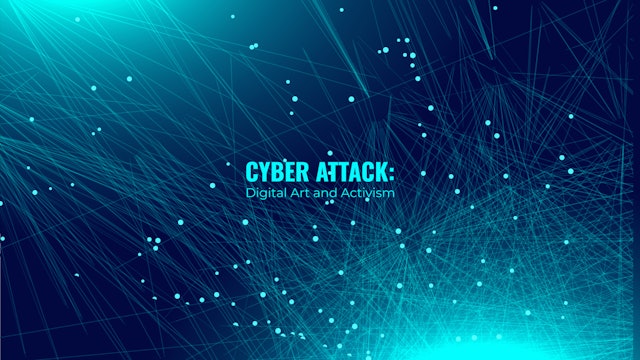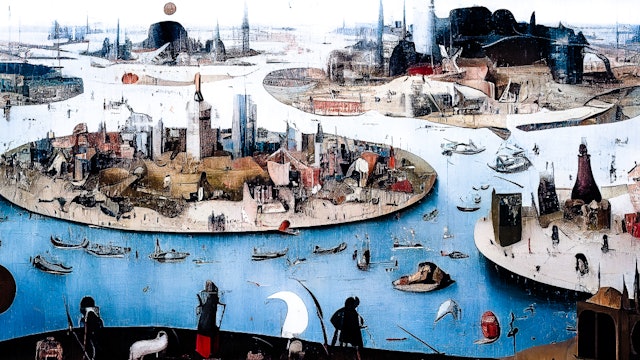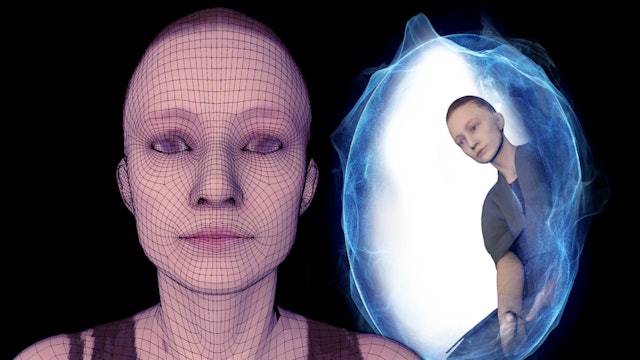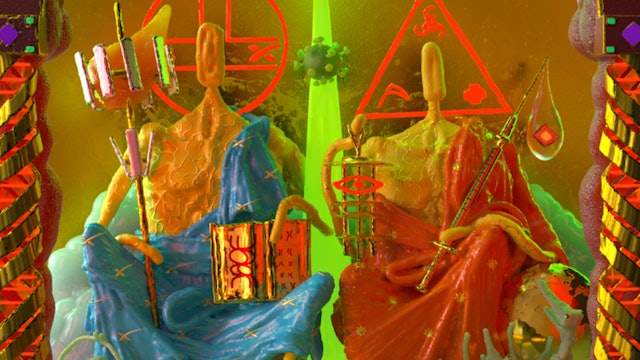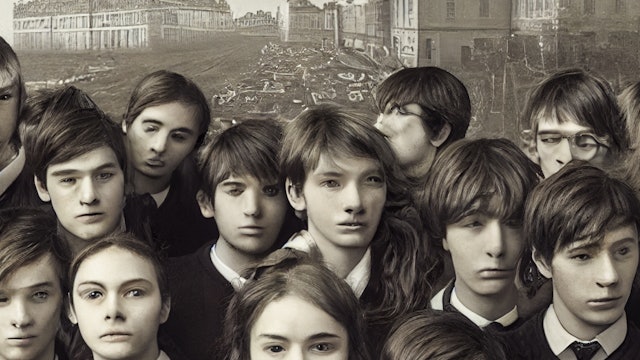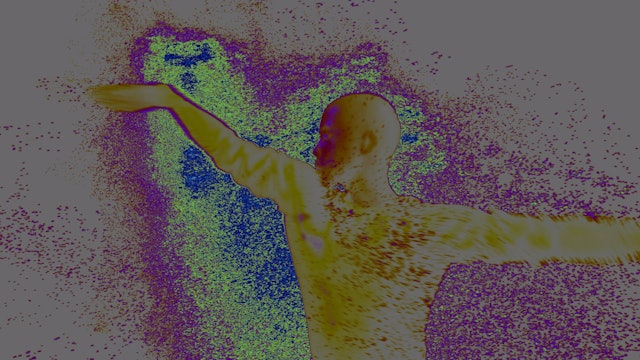Cyber Attack: Digital Art and Activism conference
In the last decade digital technologies have ushered in a proliferation of hybrid artistic practices, media forms, and discourses across communities all over the world. These technologies have not only shifted the ways audiences experience art in public spaces, they have enabled artists to expand and connect directly to their audiences, collaborate virtually, and interact remotely. The current global pandemic and the dangerously expanding warfare between Russia and Ukraine make understanding these shifts even more critical, as the opportunities for artistic production are continuously threatened by restrictions on public gatherings, new forms of surveillance and censorship are increasingly deployed by autocratic regimes, forced migration due to conflict and violence has devastated entire artistic communities, and an information war has left us all more fragmented than when the twenty-first century began. Cyber Attack: Digital Art and Activism investigates how and under what conditions artists are deploying technologies and online spaces to build impactful narratives and actions that respond to accelerating political, economic, and environmental crises, while forging new communities and alliances.
-
Histories of the Avant-garde and Contemporary Disruptive Technologies
1h 23m
Panelists consider the critical impact of current digitization processes on contemporary culture and political life in relationship to the avant-garde. Is digital art the new avant-garde? Given the intense and rapid growth of immersive and blockchain technologies, artificial intelligence, and the...
-
Digital Nomadism and Virtual Production
1h 16m
First viewed as an unattainable luxury, digital nomadism has become a critical condition and practice problematically embraced by millions of people affected by a troubled gig economy, the ongoing pandemic, and an unpredictable war that is displacing people all over the world. Often mediated by d...
-
Intervention, Resistance, Digital Art and Activism
55m
Artists are deploying digital technologies to disrupt international politics in numerous and fragmented ways. These panelists present works that draw critical attention to the growing social, political, and economic crisis surrounding border politics and nationalism in the US, as well as conflict...
-
Blockchain and NFTs: The New Art Market, its Histories and Opportunities
1h 13m
The adoption of NFT platforms and blockchain technology by artists, curators, and gallerists has raised questions about the interrogations and conceptual paths that digital art began exploring in the later 1950s and 60s: What is Art? Where is Art happening? How is it valued? Who is the Artist? Wh...
-
XR Technology and New Directions in Physical Performance and Media
1h 7m
The recent proliferation of new digital technologies and art distribution platforms has resulted not only in a major shift in the way contemporary artists create and distribute their artworks online, but continue to transform how artists work in analogue and hybrid modes of expression—theater, da...
-
Lev Manovich, Technologies of Freedom
1h 50m
Lev Manovich begins his talk in the place of memory, recalling the conditions of his earlier life in the USSR during the Cold War, the Soviet invasion of Afghanistan, and its parallels with Russia’s current war in Ukraine.
-
Art, Media and Social Justice in the Metaverse
1h 21m
The tools and foundational technologies exist to create what we imagine the metaverse might be one day: an interconnected web of mixed reality and fully 3D navigable digital worlds that are persistent, interoperable, and social, with vibrant economic structures and diverse cultures. In this panel...
-
Performing Identities and Activism
1h 26m
As the pace of technological change increases and the multitude of ways for individuals to construct their online identities expands, understanding our increasing reliance on computers is more critical than ever. How have recent changes in computational power refashioned fundamental questions abo...
